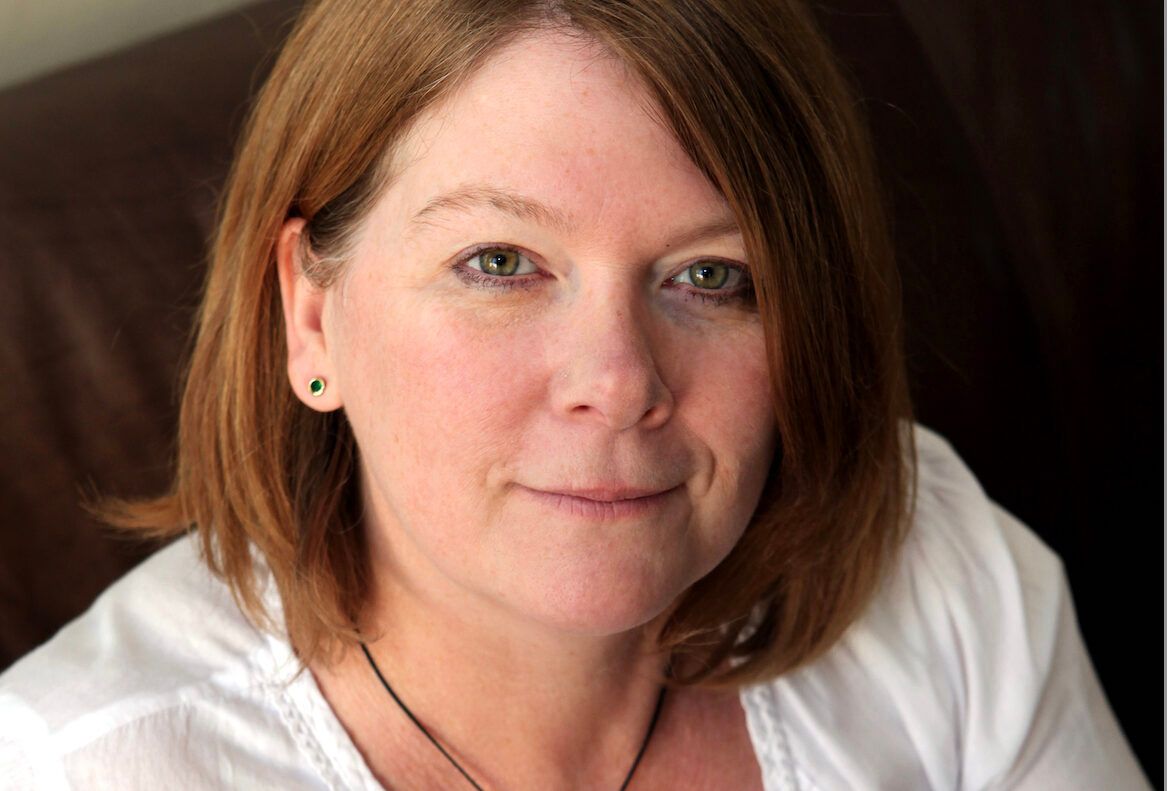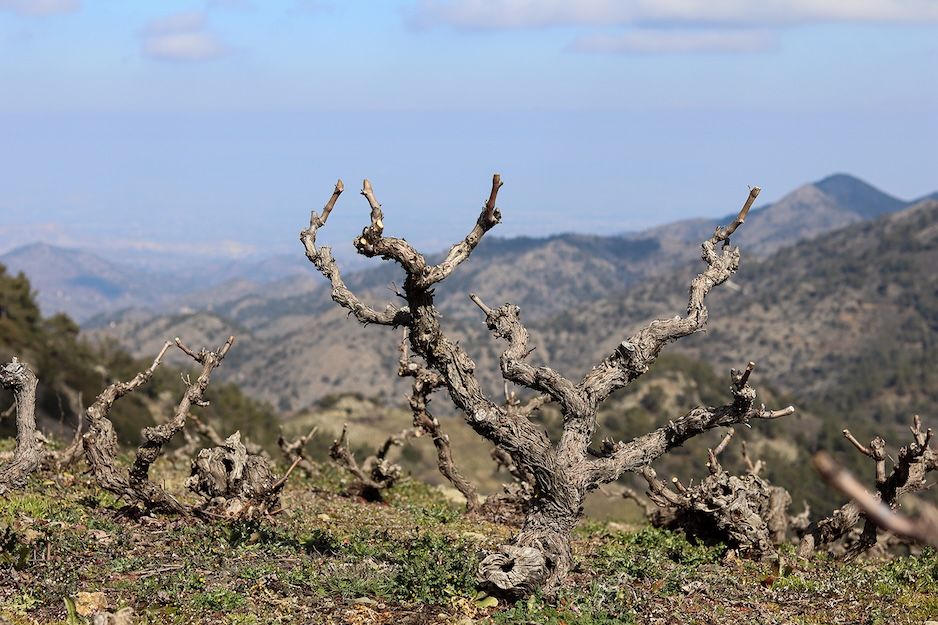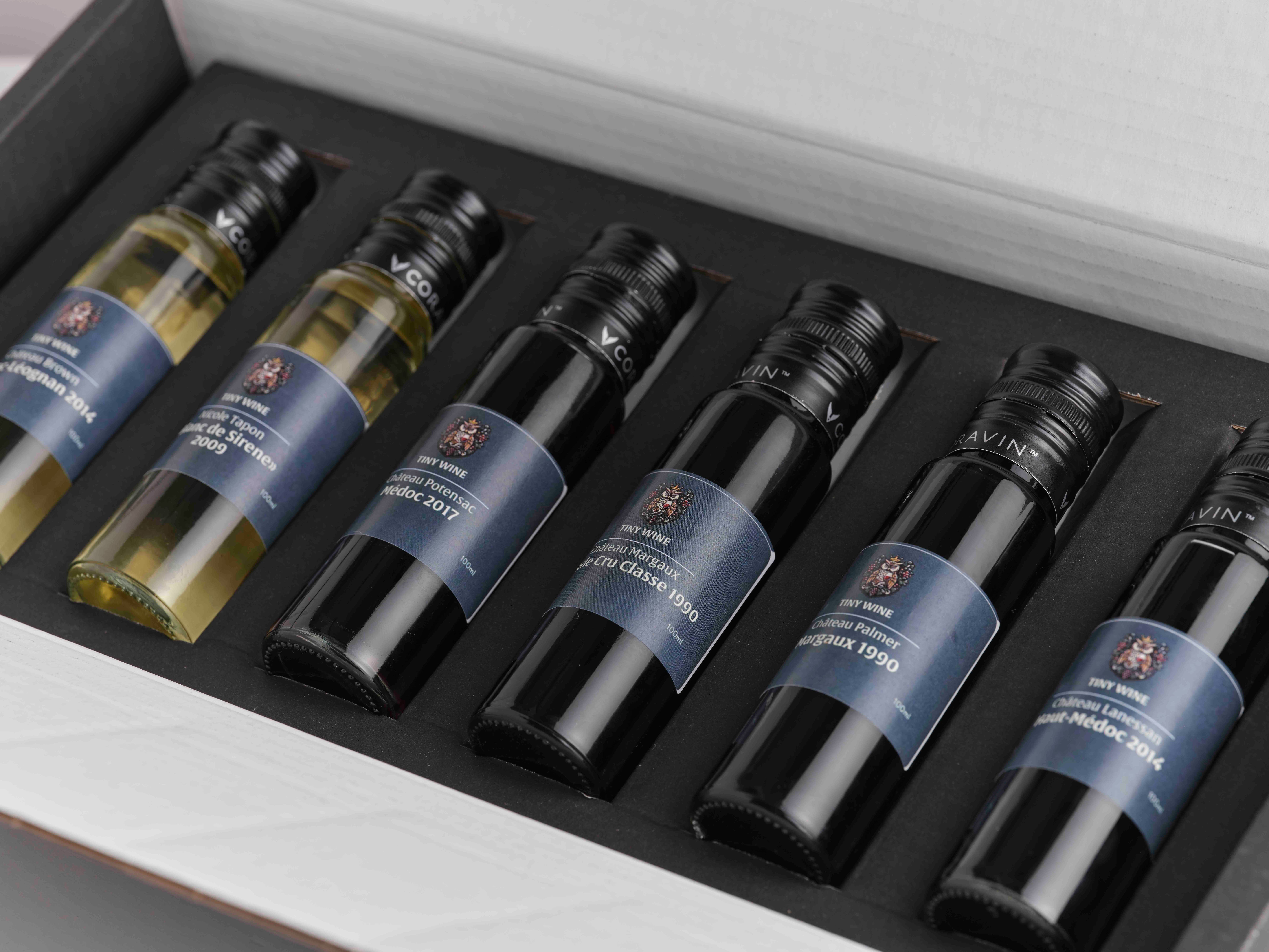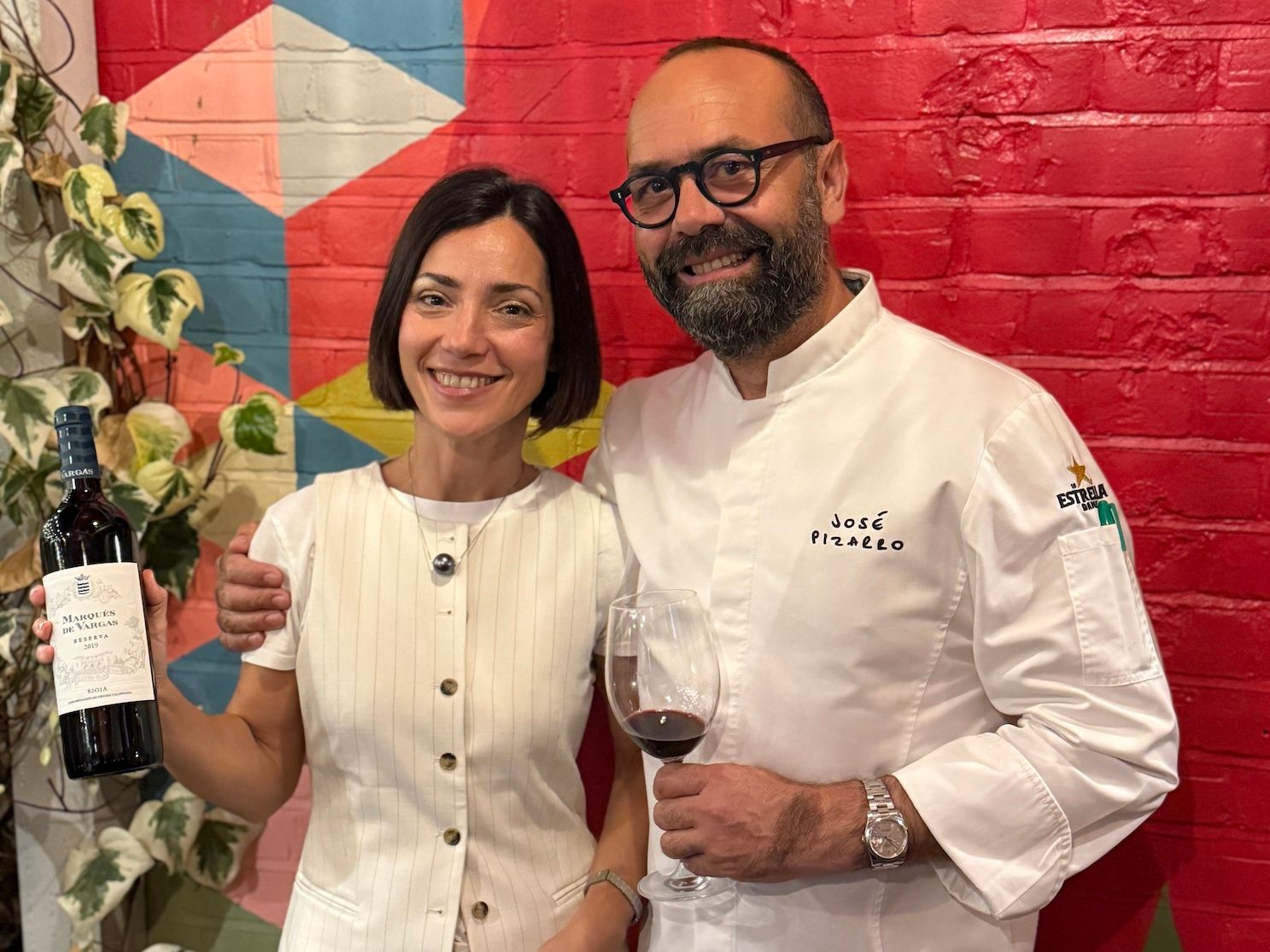Nominations for the E. & J. Gallo and Women of the Vine & Spirit “Women Behind the Wine” Educational Fund Scholarships are now open. Click here for more details on how to enter.
Now in its fourth year, E.& J. Gallo’s Women Behind the Wine Campaign champions and supports the professional development of women in the food and beverage business, focusing on encouraging the advancement and celebrating the achievements of women in the industry; the initiative works across two key areas. As well as the educational scholarships, in partnership with the Women of the Vine & Spirit, it also looks to celebrate the diverse female leadership within its own business and the steps they are taking across E. & J. Gallo and its various brands.
Its link up with Women of the Vine & Spirit helps give women the support they need through a series of educational scholarships, giving them the financial help they need to further their careers with a range of awards, including:
1. Master Sommelier Scholarship ($10,000)
2. Masters of Wine Scholarship ($10,000)
3. Elizabeth Smyth Student Scholarship ($10,000)
4. Fuel Your Dreams Scholarships ($1,000 to $3,000)
Here we talk to one of the winners of the 2021 Master of Wine scholarships, wine educator Cathy Marston about her career to date and what impact the scholarship has had on her.
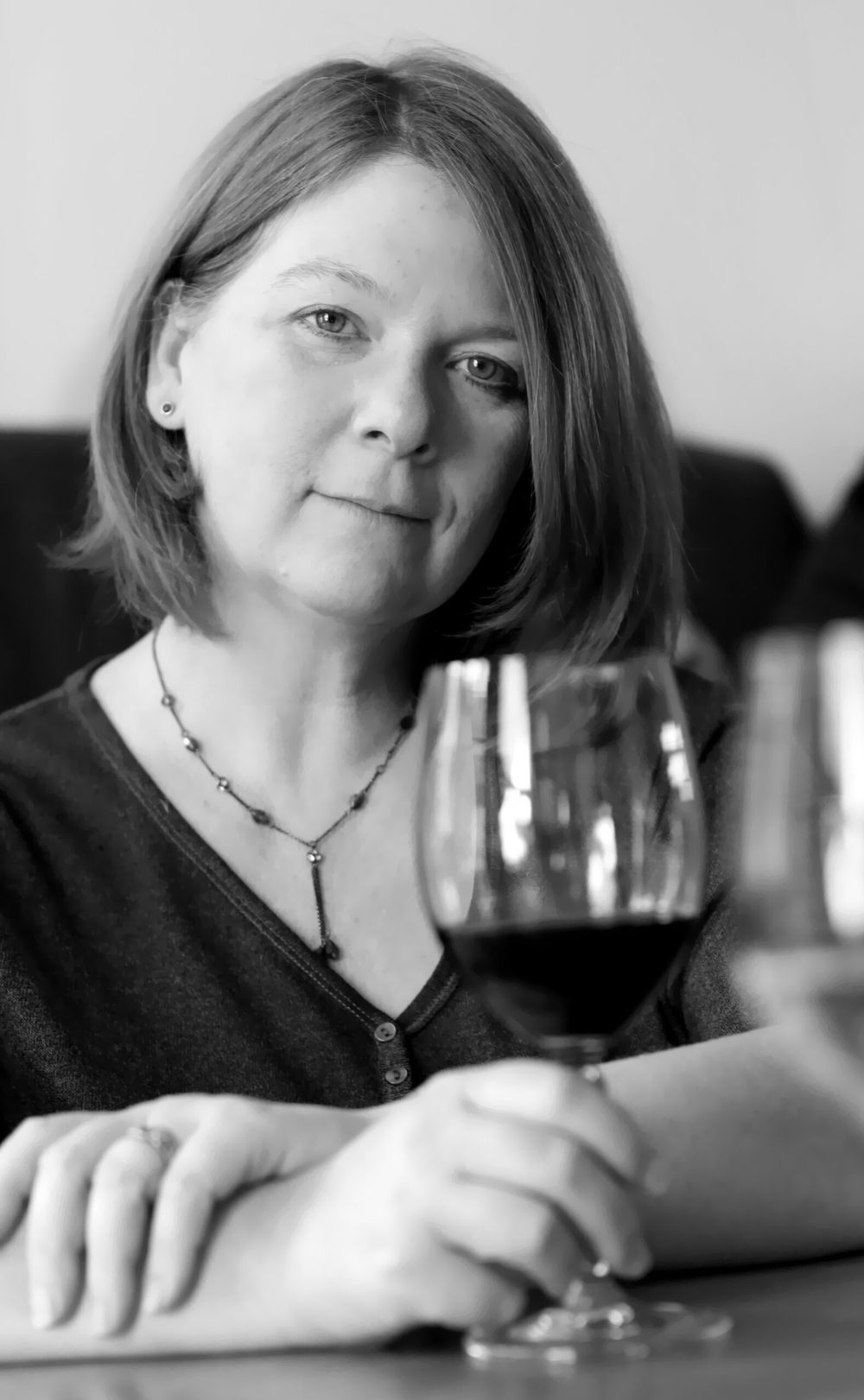
Cathy Marston
Can you tell us about yourself and your career?
I’ve been involved with wine for more than 25 years starting in a marketing role, moving through to wine bar owner, wine writer, wine judge and now wine educator. I must say that I never thought of wine as a career – at school and university, I wanted to get into theatre production – but I love that wine has opened so many doors and made me so many good friends over the years.
How did you get into wine and why did you want to?
I applied for a job in marketing for Adnams Wine Merchants which I was rather surprised I got. They asked me what my favourite wine was and I think I vaguely said “Oh, Italian wines”. What I actually meant was that I bought Asda’s own-label Sicilian red because it was dirt cheap and every two months it went on special and I could buy 1 litre for the price of 75cls. But I got lucky working for Adnams – they had a policy of offering everyone the chance to do WSET courses (including the stable manager who looked after the draught horses) and they put me through them all, right through to Diploma.
They did ask if I wanted to go straight onto MW, but at the time I thought that living in Ipswich, I was too far away from London to be able to do it successfully. Whereas now, I’m trying to do it from South Africa so that all worked out well.
It was quite a big move to go to South Africa – what was the original plan?
Adnams merged wine and beer marketing into one department and I got made redundant. My husband was working in a fairly mundane job, we both love travel and had talked about working overseas somewhere so he gave up the job, we sold the house and off we went. We ended up in South Africa because it fulfilled our three criteria – it was hot, they spoke English and they made wine. I think I had some idea that I would be able to use my Adnams experience to get a job but after a very short time and after seeing the very poor selection of wines available in restaurants and bars, we felt there was an opportunity for us to open a wine bar similar to all the Firkins and Pitcher and Pianos etc which were huge in the UK at the time.
Why did you want to move away from running a bar and go into wine education?
I had always run informal wine courses when we had The Nose Wine Bar – you’ve got to do something to bring in the customers on a cold Monday night in winter! When we decided to sell the bar and diversify into other projects, I mostly moved into wine writing but kept my hand in with running the odd course as well, mainly because I enjoyed it and they were actually very popular. I never really thought about teaching WSET until I saw someone advertising a pilot course in South Africa for what seemed to me to be a huge amount of money. I just thought “I’m sure I can do it for less” and so got in touch with WSET head office and we started The International Wine Education Centre in 2011.
How did you go about building up the teaching business?
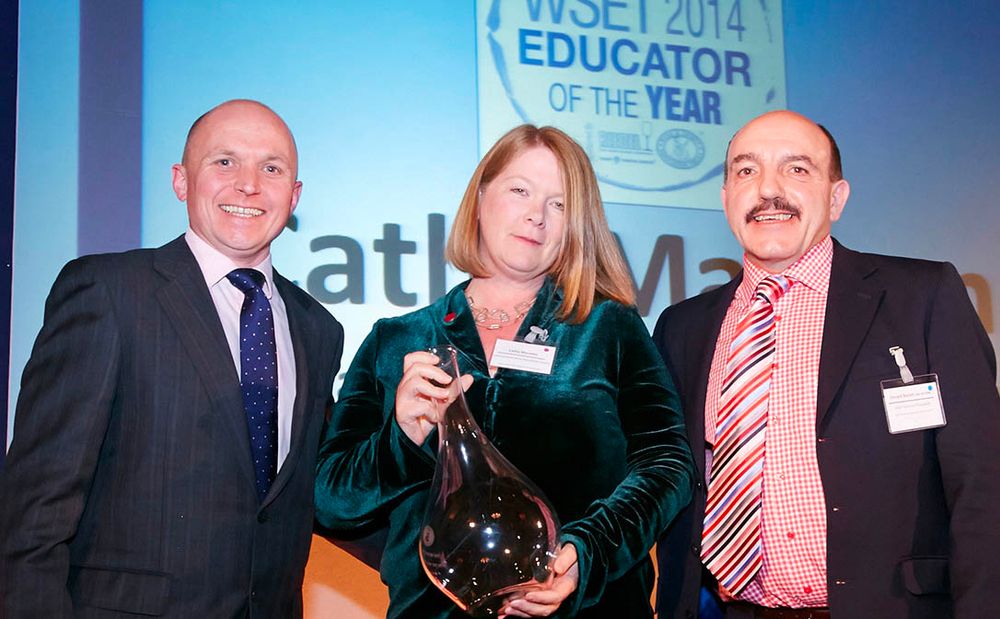
Cathy Marston was awarded Wine Educator of the Year in 2014
It was a very tough sell. South Africa has a very strong locally-based education body which had the monopoly on wine education for over 30 years, so it was very hard to explain the benefits of WSET and try and convince people of the value of these courses. Winning WSET Educator of the Year quite early on definitely helped, but I’d say it took probably two to three years before we made any money as opposed to breaking even, and then probably a further two to three years before I stopped being a writer who did a bit of teaching and became an educator who wrote stuff from time to time.
What is it you like most about wine teaching?
Ah, every teacher loves the ‘lightbulb moments’. When someone asks something which has puzzled them – sometimes for a long time – and you not only answer them, but go a bit further, help them connect the dots, understand it in the context of the rest of their knowledge and suddenly things slot into place and light dawns. It’s the best.
What sort of students do you get and is that changing at all and how?
We get all sorts. Lots of staff from wineries (tasting room staff, cellar hands, marketers, winemakers), lots of hospitality people, to people who work on cruise ships, or yachts and a fair few non-industry wine-lovers which is a sector we’re keen to grow. One of the changes in the last couple of years has been an increase in online courses and exams – we have students from all over Africa, the Middle East, Eastern Europe – it’s been a big difference being able to upskill people at a distance.
Why did you enter the E. & J.Gallo and Women of the Vine & Spirits MW scholarship initiative?
The last few years have been extremely hard on the whole South African wine industry. Obviously, the bans on both local and export sales affected the wineries hugely but there was a whole raft of ‘fringe’ wine businesses – people like wine photographers, wine tour guides and, of course, wine educators – who also got left in the lurch with little or no income. There was no furlough scheme in South Africa and as non-South African citizens, we didn’t qualify for any help from the government. I’m a self-funded MW student and suddenly I had virtually no income for two years – I really needed the help and support of the Gallo and WOTVS scholarship if I was going to be able to carry on.
What were the key reasons you gave for what impact it would have on you?
I would be lying if I said that hoping to pass MW wasn’t personal because of course it is, but I do also hope that me being on the MW programme will inspire my students as well. Wine offers a lot of opportunities for South Africans, making it possible for people to overcome poor scholastic backgrounds, poverty, lack of qualifications etc and actually build a meaningful and profitable career. I hope that by seeing their teacher studying and striving for this ultimate accolade will also motivate them to keep reaching for more in their own lives.
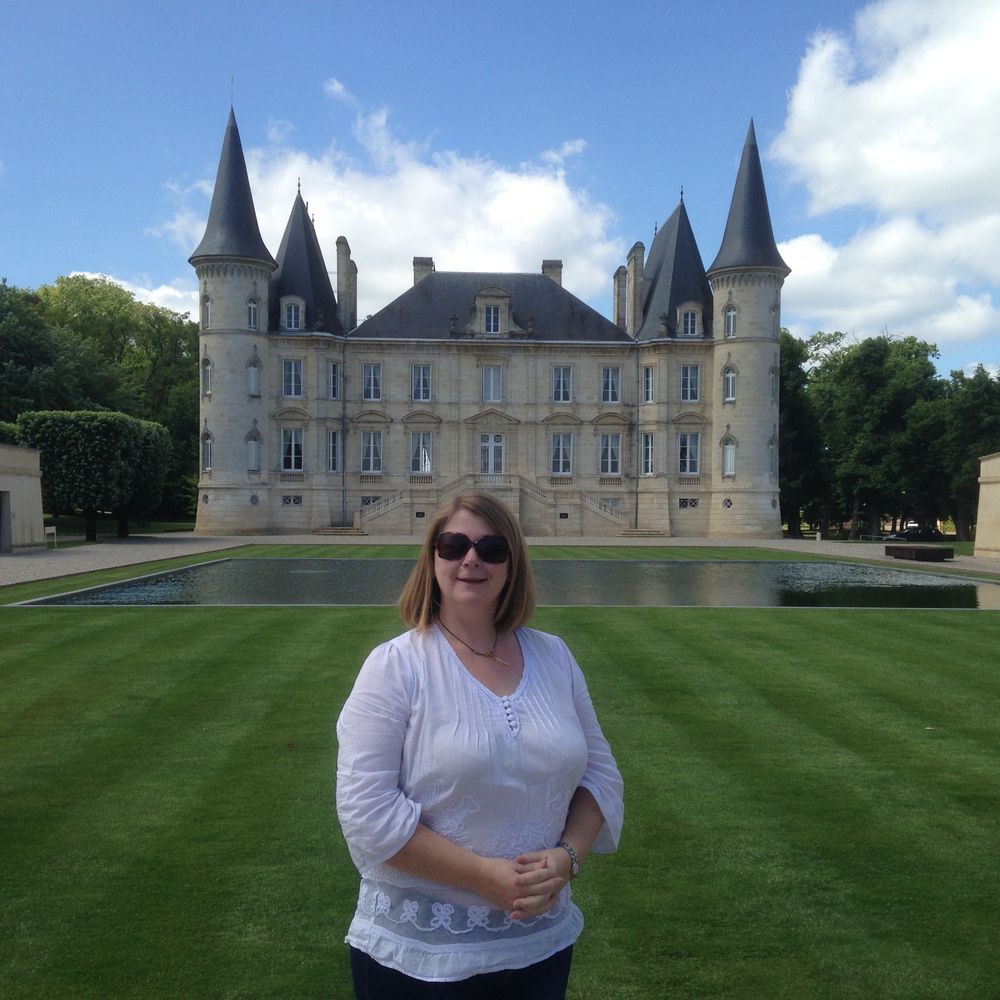
Cathy Marston hopes her MW scholarship can also inspire others in South Africa to take up wine education
What was your reaction to winning the MW Scholarship?
I found out about two days after I’d sat the 2021 exams which were the most traumatic exams I’d ever had to sit. Coming off the back of 18 months of very little income and extremely limited access to wines and then having to pay for two weeks hotel quarantine beforehand – I don’t think I would have been able to sit without the support of the IMW at that point. Finding out that I’d won the scholarship and that whatever the results, I would be able to carry on was a massive, massive relief.
What difference will it make to you?
It is literally is a game-changer. When I thought about budgeting for MW, I obviously never took Covid into account so it’s going to allow me to keep going for at least this extra year. I’m spending the money mainly on wines, bringing them in from the UK, as the availability of international wines in South Africa is woefully inadequate.
What advice would you give to other women looking to apply for the scholarship?
I put a lot of time and effort into my submission and it really did make me think about why I wanted to be an MW, what difference would it make to my life and career. I think (hope) the panel appreciated what I was trying to do by studying for MW and could see benefits for more than just me by my being on the programme. Both of those are areas I’d suggest any women looking to apply for the scholarship should think about.
What advice would you give to anyone looking to do the MW course?
Do it because you want the knowledge and not just the title, do it for the friends you’ll make, do it for the sights you’ll (hopefully) get to see. And do it when the time is right for you – I waited nearly 20 years between passing my Diploma and starting it. You don’t have to rush straight onto it as soon as you’ve become DipWSET.
What do you hope having the MW will help you in your career?
I’d like to think it would open the doors to more travel, perhaps go on trips and do more judging – although Covid might have put paid to that. Ultimately, whether I make it to the magic letters or not, I am definitely a better and more confident teacher than I was before I started the programme so whatever happens, studying for MW has helped with my career.
What do you think of Gallo’s wider Women Behind the Wine initiative and the role it can play?
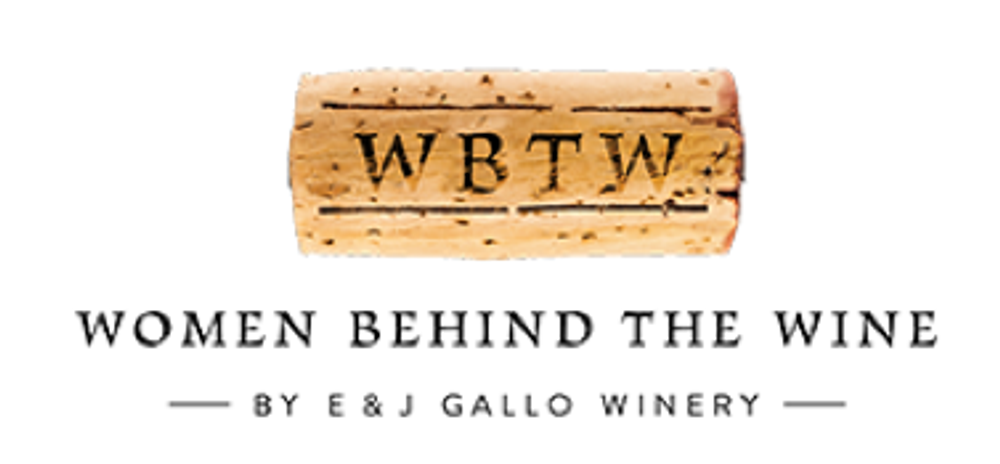
This is a great initiative which has made a big difference to a growing number of women. When I was applying, I read about all the previous winners in the different categories and all these fabulous female role models (such as J vineyards head winemaker Nicole Hitchcock and Monte Rosso Ranch Manager Brenae Royale) really motivated me.
Women aren’t always great at shouting about their success, but we really do need to do it more – not just to blow our own trumpets, but to be able to show others what’s possible.
How do you hope to be part of that in the coming year?
I’m really enjoying being part of the WOTVS network, getting the emails about all their activities and joining in webinars. I’d love to perhaps talk more about some of the initiatives we’re involved with here in South Africa such as the Pinotage Youth Development Academy or the Pebbles Project and the work both organisations do in improving the lives of many in the South African wine industry.
What next for your teaching business?
Just trying to get back to pre-Covid levels of business really, but I think it’s going to take at least another year or so before my main clientele – the wineries – feel confident that they themselves are back on track and can go back to budgeting for education. And my husband is very enthusiastic about us being able to offer WSET’s new beer qualifications so I suspect that after the MW exams in July, I’ll be changing from wine to beer for a while.
- You can find our more about E. & J. Gallo’s Women Behind the Wine initiative here and how it is part of the winery’s cultural philosophy.
- You can enter or nominate a colleague for A Women in Wine scholarship 2022 here. Applications close on June 30 2022.
